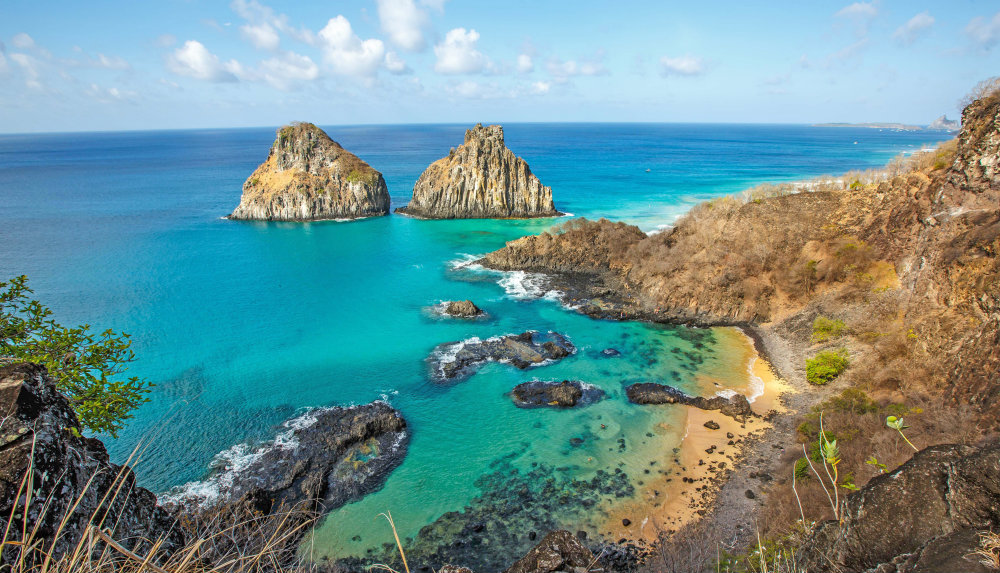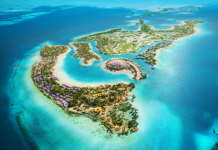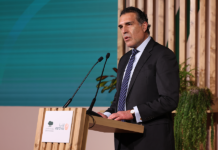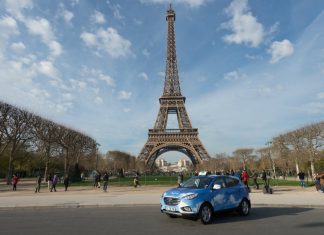Brazil is home to incredible biodiversity, with 70% of the planet’s flora and fauna. And it has a vibrant culture all its own, expressed in musical styles like bossa nova and samba, celebrated in its spectacular carnivals, savored via its unique gastronomy and shared with the world thanks to Brazilians’ infectious joy.

Embratur, the Brazilian Tourist Board, is responsible for promoting the country’s many attractions to a growing number of visitors through 13 overseas offices and its website, visitbrasil.com. After a strong 2014, with a 10.5% arrivals jump due to the World Cup, last year Brazil welcomed around 4.67 million tourists, according to BMI Research. The company’s latest industry forecast noted that Embratur’s marketing efforts had paid off, with more visitors traveling beyond Rio and São Paulo to explore the rest of the country. Rio’s hosting of the Olympics is expected to provide another boost, with BMI predicting 9.9% growth in 2016.
The World Economic Forum ranks Brazil first
in Latin America in tourism potential, particularly in the natural and cultural segments. Embratur has been on the road worldwide, promoting recent gains in connectivity and infrastructure, to attract overseas investment and develop services across the industry.
In recent years, Brazil has also seen a surge of interest in its high-end hospitality sector, with 500 new hotels added to the market. France’s AccorHotels is building 120 establishments across Brazil, and the Marriott group has 30 under construction. In the Barra da Tijuca neighborhood of Rio alone, six new five-star hotels will put the city’s accommodation on a par with world-class facilities like the Museum of Tomorrow.
 Embratur is hoping visitors who travel to Brazil for the Olympic Games will find time to see at least one of the country’s ecotourism treasures. Within Rio itself, the world’s largest urban wooded area, the Tijuca Forest, serves as an escape from the bustle of the metropolis. Further inland, the city of Bonito is the perfect gateway to get your feet wet in the Pantanal. From Manaus, you can discover the depths of the rain forest from places like the Mamirauá Reserve, or simply admire the Meeting of the Waters, where the Amazon River begins.
Embratur is hoping visitors who travel to Brazil for the Olympic Games will find time to see at least one of the country’s ecotourism treasures. Within Rio itself, the world’s largest urban wooded area, the Tijuca Forest, serves as an escape from the bustle of the metropolis. Further inland, the city of Bonito is the perfect gateway to get your feet wet in the Pantanal. From Manaus, you can discover the depths of the rain forest from places like the Mamirauá Reserve, or simply admire the Meeting of the Waters, where the Amazon River begins.
Being green is all-important to the upscale Txai Resorts, part of the exclusive Relais & Châteaux association of outstanding hotels. Its first resort is nestled in the Itacaré Environmental Protection Area of Bahia State. On the 227-acre pristine beachfront site, Txai focuses on low-density occupation, with just 40 boutique guest apartments and
bungalows.
Putting the emphasis on wellness, nature and bonding with the local population is at the heart of Txai’s philosophy. “We developed a program to interact fully with the community,” José Romeu Ferraz Neto, the president of Txai Resorts, explains. “We finance the production of organic food, buy it for our hotel and help sell the surplus. We bring artisans to the hotel to show their crafts to clients. We also take care of 6,000 turtles year-round under a program called Txaitaruga. I have been visiting many resorts around the world and when I go to ours I often wonder why I traveled so much.”
Last year Txai Itacaré won the Relais & Châteaux award for sustainability. Building on its reputation, the brand has two more exclusive, green developments, both in prime unspoiled locations.
The Rio 2016 torch relay passes some of the country’s most stunning spots, showcasing its remarkable diversity. The Games are undoubtedly the ideal opportunity for Brazil to reveal its irresistible essence to the world![]()






























